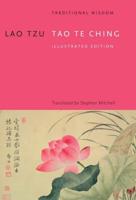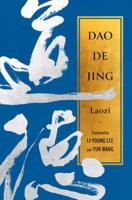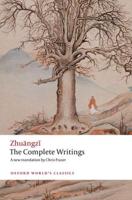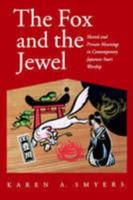Publisher's Synopsis
The dhadis (or songs sung by minstrels) have exercised considerable influence amongst rural Sikhs, relating martial traditions concerning Guru Hargobind, Guru Gobind Singh, and other Sikh heroes. This book is a historical and anthropological study of the dhadi tradition and how it has influenced notions of martyrdom and violence in the Sikh community. The author draws on a wide range of unexplored historical and ethnographical sources on the rhetorical culture in Punjab and argues that religion is an evolving area of social interaction, thus giving rise to narrative linkages between religious and political discourse. He establishes that vernacular traditions of oral narration encourage alternative forms of historical imagination. He analyses performative texts and ethnographic narratives at critical junctures in colonial and postcolonial Punjab and demonstrates the different ways in which this genre has become related to agendas of religious and political identity formation in twentieth century Punjab. This volume will be useful reading for students and scholars of Sikh studies, sociologists, historians and general readers.











